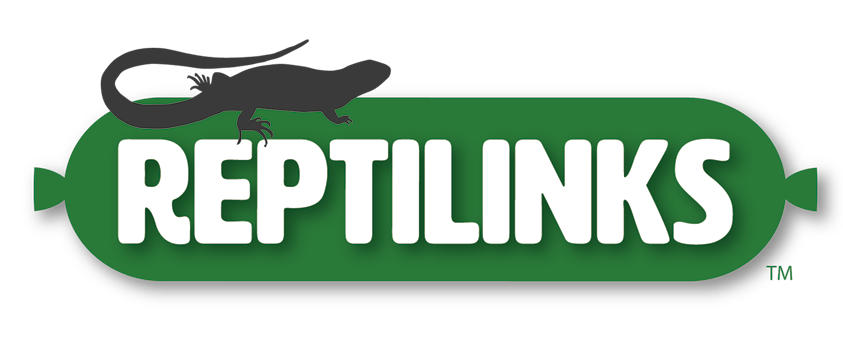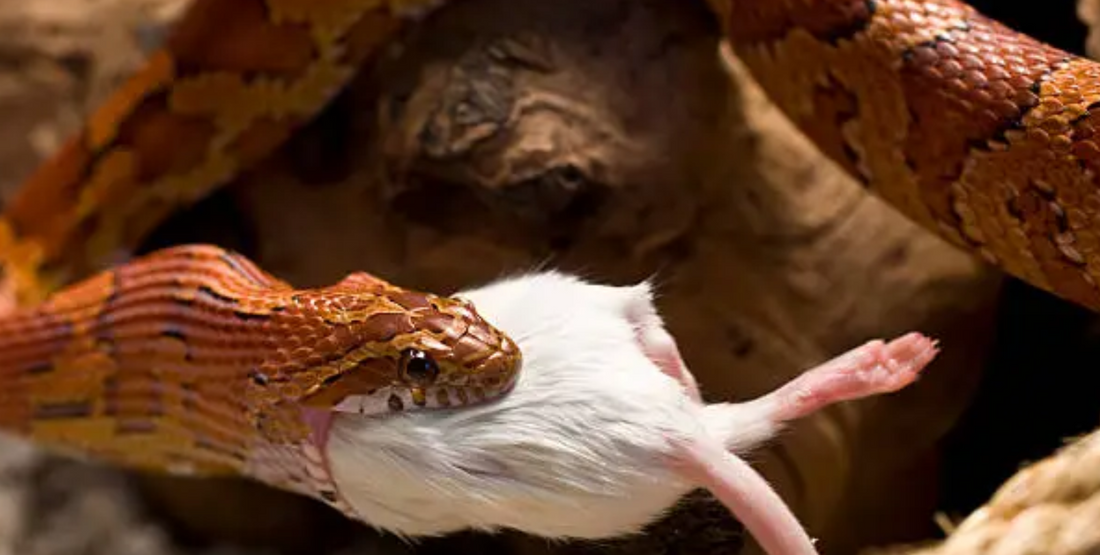They say you are what you eat, and that’s just as true for your exotic pets as it is for you! What your animals eat determines everything from how their bones grow to how their brains function—which means choosing high-quality food is a big deal. But how do you know that you can trust what you’re feeding your pet?
Sourcing reptile food comes down to a combination of quality, convenience, and selection. Balancing all three of these factors can be difficult, but here are some questions to start with before you commit to any particular supplier.
The Main Questions to Ask Your Supplier
Regardless of whether your animal eats whole prey, ground food, vegetation, or insects, it’s important to know what happens between when the supplier acquires those materials and when they arrive at your door. Good questions to ask include:
Do you raise the animals yourself?
For animal-based food items such as feeder mice or ground whole prey, be sure to understand where the supplier gets the animals. Do they raise them themselves? This allows for closer quality control and a faster response time if one animal is found to be sick.
Not every supplier has the means or environment to raise their food items themselves; this isn’t necessarily a disqualifier. But if they get products from somewhere else, make sure you understand the entire chain. For example, Reptilinks sources its prey animals from local Ohio farms to support the community and maintain a high standard of quality.
For keepers who are more reliant on vegetation, ask how these plants are grown. Does the soil contain fertilizers? Are the plants protected with the use of pesticides that might harm your pet?
What do the prey eat?
The “you are what you eat” chain repeats over and over again as the smallest microbes fuel the largest apex predators in the food chain. In order for your animal to benefit from high-quality nutrition, the things your pet eats need to, in turn, eat a high-quality diet.
If you feed rodents or other small animals, do they consume a nutrient-rich blend of their natural diet, or are they fed filler that is meant to fatten them and grow them up quickly? The same question is true of insects: are they being gutloaded with nutrients from vegetation, or are they left in a box of dehydrated husks where they chew on the cardboard (and each other) for sustenance?
These small differences matter for many reasons. One of the most notable is that insects that consume diets high in protein rather than their natural diet produce higher levels of uric acid. When reptiles consume these insects, the elevated uric acid levels can contribute to gout—which means that a cricket isn’t just a cricket! What it ate and where it came from can directly impact your pet.
How long do you store your feed?
In general, the fresher the food, the more nutritious. While freezing food may be necessary (e.g., bulk orders, shipping), how a supplier stores the food can impact its quality. For example, freezing can denature fat-soluble vitamins like A and E. Freezer burn leads to more than just an unpleasant texture; it also draws moisture out of the item, which leaves vitamin C and thiamine content lower than it should be. Opt for suppliers that store their food responsibly—that is, in batches small enough that things are still fresh.
For non-frozen foods, protection from contaminants is essential. Vegetables and insects should be placed in containers where they will not be infiltrated by unwanted invaders, such as rodents and pests that may leave droppings or carry illness.
How does shipping work?
Most people don’t have the luxury of going in-person to pick up their exotic pet food every time they’re preparing a meal. This means they’ll need a shipment. How will this shipment arrive to you, the customer? Good suppliers will make sure things stay temperature-controlled where necessary. Frozen feeders should arrive completely frozen and with no ice crystals (which are evidence that some parts of the package warmed up enough that they began to thaw, even partially).
Insects should arrive alive and in a ventilated container. Many suppliers choose not to ship on certain days of the week to make sure the package doesn't accidentally fall outside the ideal temperatures due to weather or shipping procedures. A company that fails to ship its products responsibly could be providing food items that are no longer safe to eat!
Is the company responsive and attentive?
Good customer service is a cornerstone of any reputable supplier. They should always be available to answer questions and improve the exotic pet community of which they are a part. Suppliers must remain aware of customer needs and demands as well as take responsibility for any accidents.
Some helpful areas to look at when considering this facet of a supplier include:
- What do reviews say about their customer service?
- Are they active on social media and engaging with others, such as commenters?
- Do they make their contact information clear and easy to use?
- Do they have policies in place for what to do if you’re not satisfied?
How accurate are the product descriptions?
The best suppliers will be able to clearly describe what is in their products because they themselves know the ingredient list. When a supplier is dedicated to providing high-quality feed, they often hand-pick the ingredients and are able to share that information directly in the product description. Reptilinks breaks down every type of ground whole prey, vegetable green, insect, or animal part that is in each link.
Ingredients are just one facet of accuracy, though. Are products labeled in a helpful way (e.g., by weight or size)? Companies that cannot guarantee what you’ll get may be compromising on their product acquisition, leading to inconsistent inventory that they’re passing on to the customer. Plus, no one wants to purchase a dozen rats only to find out they’re too big or small for their pet!
Every company will have its own processes, but what sets all good suppliers apart is their dedication to quality and the health of your pets. By asking these questions, you can determine how trustworthy any food supplier is and whether their product is something you can get behind!

